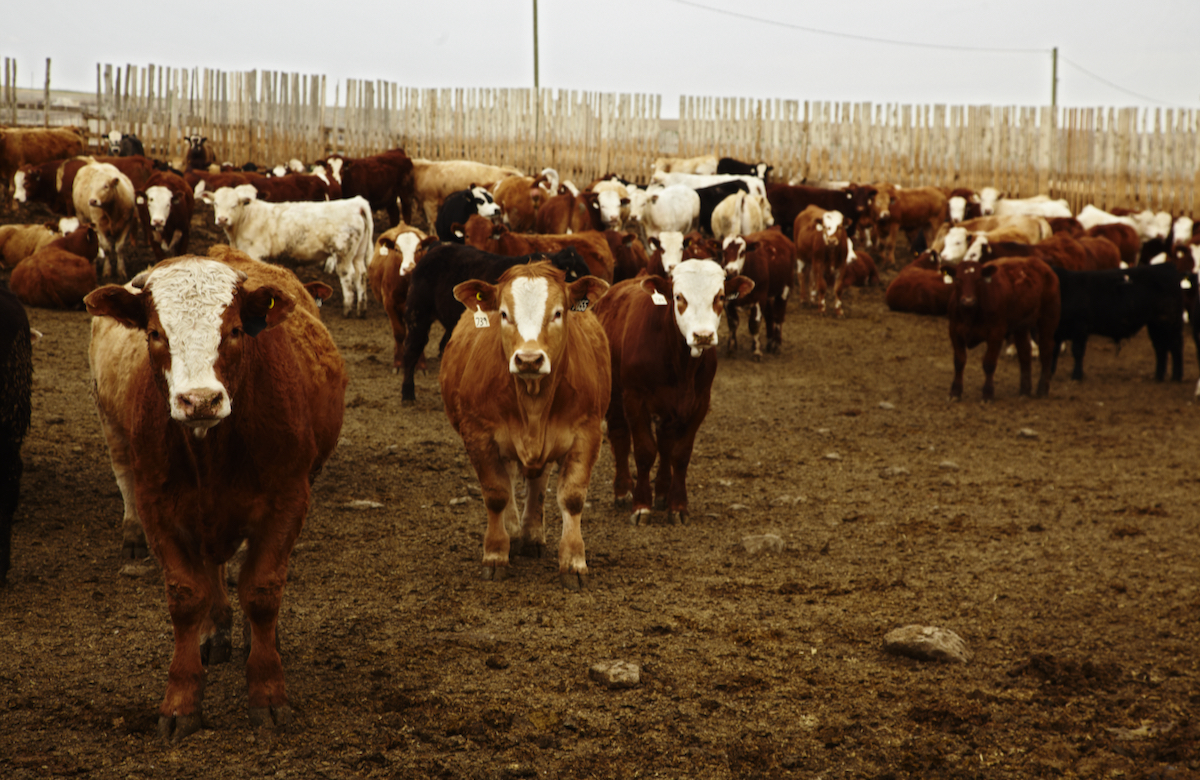Russia warned Monday it might soon bar imports of U.S. and Canadian beef and pork if producers do not certify them free of the feed additive ractopamine.
The potential ban could jeopardize more than US$500 million a year of exports to Russia and coincides with mounting U.S.-Russian tensions over trade and human rights.
Alexey Alexeyenko, the spokesman for Russia’s Veterinary and Phytosanitary Surveillance Service, Rosselkhoznadzor, said chilled products could be banned from Feb. 4 and frozen meat by Feb. 11.
Ractopamine, a growth stimulant used to make meat leaner, is banned in some countries because of concerns that residues could remain in the meat and cause health problems, despite scientific evidence stating that it is safe.
Read Also

U.S. livestock: Cattle at fresh highs, hogs weaken
Cattle futures on the Chicago Mercantile Exchange climbed to fresh highs on Tuesday, as tight supplies and the ongoing closure…
The drug is approved and sold in Canada as a feed premix for hog and turkey producers under the name Paylean 20, and as a premix for finishing beef cattle under the name Optaflexx 100.
The United Nations’ Codex Alimentarius Commission last year established global food safety standards on acceptable daily intake (ADI) and maximum residue levels (MRLs) for the drug in livestock production.
Rosselkhoznadzor said last week it was considering tougher measures on U.S. and Canadian meat imports because they continued to arrive without certification requested by Russia.
An earlier statement left unclear whether frozen meat would be restricted. Rosselkhoznadzor had said it did not receive test results for chilled meat before it was sold. Alexeyenko said frozen meat was addressed in a separate letter to North American regulators.
Alexeyenko said the certification requirements are no more onerous on producers than regulations in place in the European Union.
— Reporting for Reuters by Melissa Akin in Moscow.
















